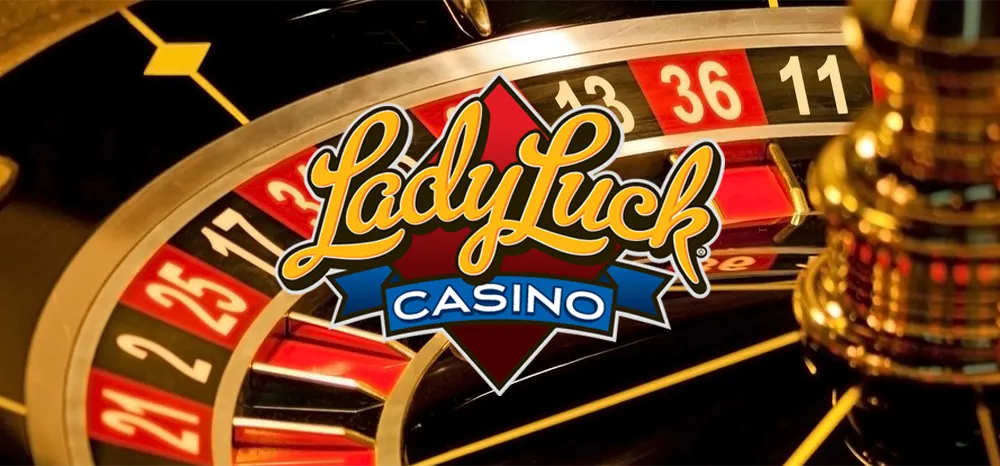Pennsylvania Gaming Control Board Fines 3 Operators in a Total of $67,500
PGCB has not released its firm grip on rule breakers in Pennsylvania; this time, the body okays three consent agreements presented to its Office of Enforcement Counsel during a public meeting on the violation that happened at casinos, a total of $67,500 fines were issued to the defaulting operators.
The OEC and Downs Racing, L.P., an operator of Mohegan, Pennsylvania, agreed that the company would pay a fine of $50,000 for granting access to individuals under the legal gambling age of 21 to play on the gaming floor. One of the individuals played multiple times, while the second gained access to the gaming floor and was served alcohol.
Holding Acquisition, L.P., another Rivers Casino operator in Pittsburg, also got a $10,000 fine for failing to uphold age restriction rules on its gambling floor.
The third defaulter is Sugarhouse HSP Gaming, L.P., An operator of Rivers Casino Philadelphia, who got a $7500 ticket for letting an untrained and inexperienced employee deal roulette.
Copies of the approved consent agreements carrying more details about the matter are available on demand through PGCB’s Office of Communications.
The board also took action against seven adult defaulters, banning them from all casinos operating in the Commonwealth for negligence involving leaving minors unattended while they played on the gaming floor.
Details of the ban are listed below.
- A man and woman were placed on the Involuntary Exclusion List after they left a 9-year-old child unsupervised in a hotel at different times at the Mount Airy Casino Resort for about 7 hours 48 minutes over a two and half-day period to gamble.
- Another female was placed on the Involuntary Exclusion List as she left four children, all between the ages of 2-13, unattended in the vehicle parked in the River Casino Pittsburgh garage for about 40 minutes as she watched an acquaintance gamble in the casino.
- A man was placed on the list as he left a 5-year-old child alone and unsupervised in a vehicle in Rivers Casino Philadelphia’s parking lot for about 35 minutes while he gambled in the sportsbook.
- An adult male got hit with the ban after leaving a 7-year-old child alone in a vehicle at the Parx Casino Bensalem’s parking lot for 23 minutes as she gambled in the sportsbook and at a slot machine.
- Another man was placed on the exclusion list as he carelessly left a 3-year-old child alone in a car in a Live! Philadelphia Hotel and Casino parking lot for 10 minutes and gambled the day off.
- The last man on the list got banned after he left an 11-month-old child unsupervised and unguarded in the parking lot of Rivers Casino Philadelphia for almost an hour (42 minutes) as he gambled at the table games.
The PGCB further reiterated their laws that adults should never be careless with their wards or minors, especially in hotels or casino venues, as it may expose them to different dangers.
“The Board’s actions serve as a reminder that adults are prohibited from leaving minors unattended in the parking lot or garage, a hotel, or other venues at a casino since it creates a potentially unsafe and dangerous environment for the children. Leaving minors unattended at a Pennsylvania casino also subjects the offending adult to criminal prosecution in addition to exclusion from all Pennsylvania casinos.” according to a news release by the board last week.
The Board confirms that since early 2022 through June 2023, about 400 incidents of unsupervised children have been recorded at casinos and gambling venues at Pennsylvania casinos, and about 633 minors have fallen victim to this offense.
The Pennsylvania Gaming Control Board has scheduled 10 a.m. Wednesday, August 23, 2023, is the next time for its next meeting at the Public Hearing Room situated on the second floor of the Strawberry Square Complex in Harrisburg.
The Pennsylvania Gaming Control Board oversees every gambling activity in Pennsylvania, covering 17 land-based casinos, online casino games, Video Gaming Terminals at certified truck shops, retail, and online sports wagering, and the total regulation of online fantasy sports competitions.
The Board recorded over $2.3 billion in tax revenue during the 2022/2023 State Fiscal Year from casinos and other variants of Board-regulated gaming bodies.
Every casino company in Pennsylvania must be duly certified by the PGCB. Anything different means you’re dealing with an illegal outfit, committing a serious criminal offense that could lead to a jail term.











